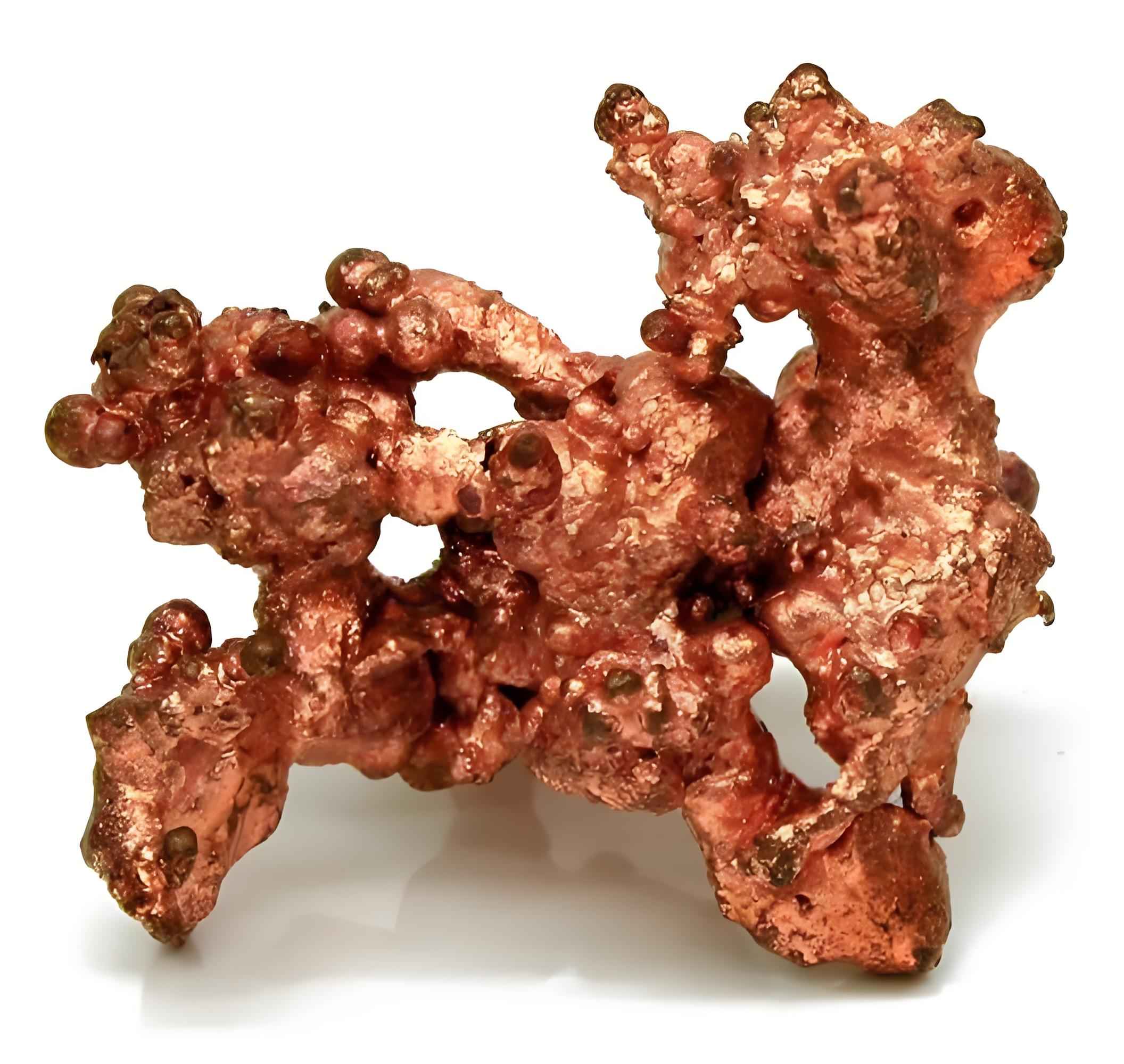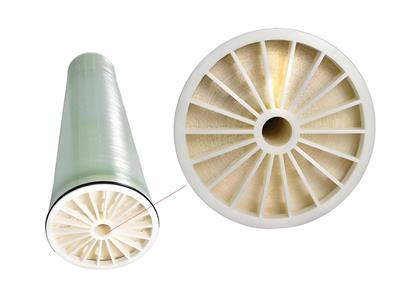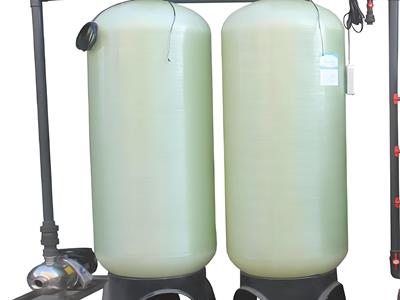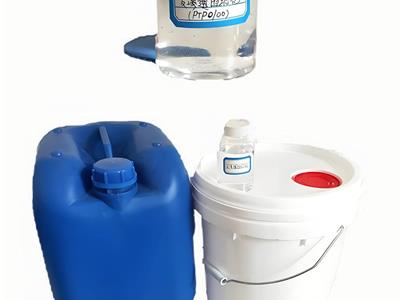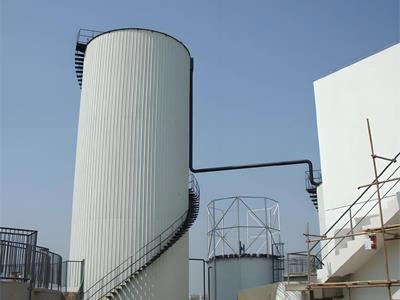- 2025-07-22
Removal of Copper from Water
Pollution sources and risk levels
Copper precipitation mainly occurs in acidic water pipe networks with a pH of less than 6.5 (common in copper pipes)
Concentrations exceeding 1.0 mg/L will cause acute gastrointestinal reactions (WHO recommended limit 0.9 mg/L)
Children who ingest > 0.5 mg/L for a long time may suffer from liver metabolic dysfunction
Three-stage purification process system
1. Source protection system
Pipeline corrosion inhibitor dosing device (orthophosphate concentration 0.5-1.5 mg/L)
Intelligent pH adjustment unit (maintain water supply pH 7.0-8.5)
2. Core treatment technology
Deep copper removal by ion exchange
Carboxylic acid chelating resin (Cu<sup>2+</sup> adsorption capacity ≥ 45g/L)
Regeneration cycle > 2000 bed volumes (10% hydrochloric acid regeneration)
Reverse osmosis membrane separation system
Brackish water grade composite membrane (Cu<sup>2+</sup> retention rate > 99.7%)
Concentrated water copper ions are concentrated to 50mg/L (recyclable)
Distillation auxiliary process
Multiple-effect evaporator (steam consumption 0.25kg/kg water)
Condensate copper content < 0.01mg/L
Key operation control technology
Implement ORP real-time monitoring (control range -50~+50mV)
Online turbidity meter for membrane system (alarm threshold 0.1NTU)
Resin bed pressure difference monitoring <0.15MPa
Engineering benefit verification
Water quality safety guarantee
Effluent copper concentration is stable ≤0.05mg/L (national standard limit 1/20)
Virus/bacteria simultaneous removal rate >99.99%
Operational economy
Treatment cost per ton of water: ion exchange 0.25 yuan, RO system 0.38 yuan
Equipment life cycle >15 years (316L stainless steel body)
Resource efficiency
Copper recovery purity >99.5% (electrolytic purification process)
Concentrated water reduction rate 85% (high-frequency pulse electrodeposition technology)

